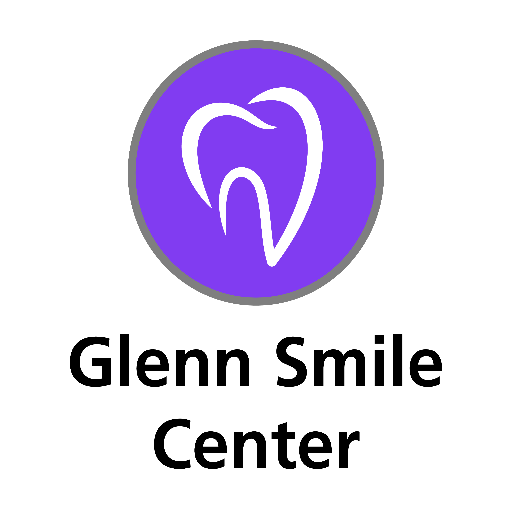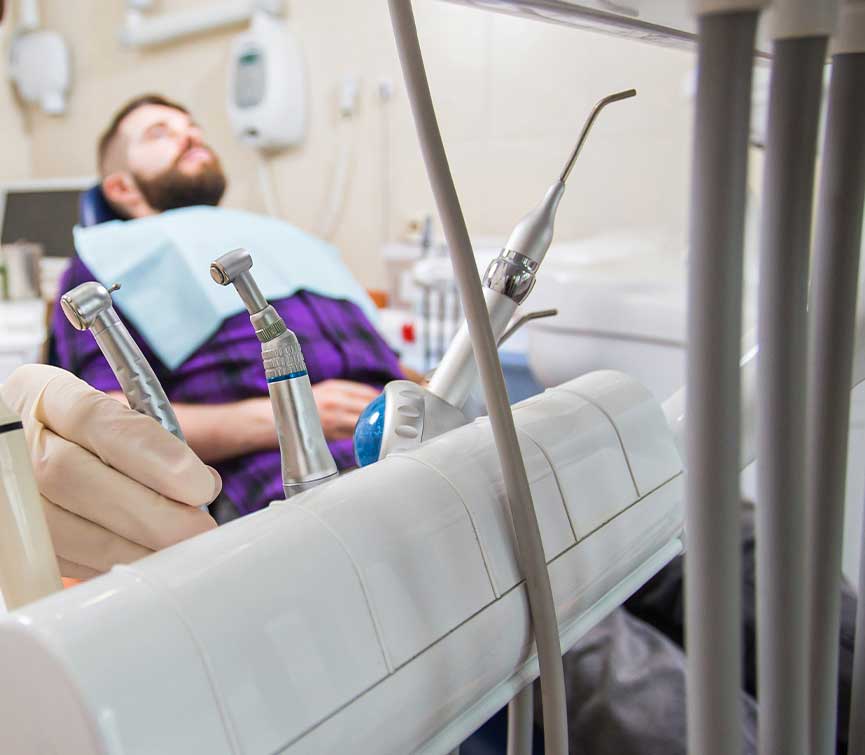Introduction
Undergoing the removal of impacted wisdom teeth is a crucial medical procedure that offers significant relief for patients. However, the post-operative phase is critical for ensuring a swift and trouble-free recovery. This guide is a comprehensive resource, offering evidence-based recommendations to navigate the recovery process effectively. Patients must adhere to these guidelines to avoid complications such as alveolar osteitis, known as dry socket, and enhance healing. Let’s explore the essential dos and don’ts every patient should follow for optimal recovery from wisdom teeth extraction, a common procedure in general dentistry.
The Importance of Following Post-Operative Instructions
Activities to Avoid Immediately After Surgery
Dietary Recommendations for a Speedy Recovery
Pain Management and Medication: What You Need to Know
Oral Hygiene Practices Post-Surgery
When to Contact Your Dentist or Surgeon
The Importance of Following Post-Operative Instructions
Following your dentist or oral surgeon’s care plan after an operation is super important. Think of it as a map showing you the best way to heal without encountering problems. These care plans often include managing the effects of anesthesia, and ensuring that the anesthetic wears off without complications. Adhering to these instructions is crucial for avoiding additional problems that could make your recovery longer or harder.
Activities to Avoid Immediately After Surgery
Steering Clear of Physical Exertion
After your surgery, it’s essential to avoid physical exertion. Strenuous activities such as lifting heavy objects or engaging in vigorous exercise can exacerbate swelling and bleeding. They can even disturb the clotting process so that the extraction sites heal properly. Giving your body the rest it deserves not only aids in a smoother recovery but also prevents complications like dry sockets.
Avoiding Suction Movements
Creating a vacuum within your mouth by smoking or using straws can significantly disrupt blood clotting, leading to complications such as dry sockets. This condition delays healing and increases discomfort, underlining the importance of avoiding suction movements during the initial recovery period.
Dietary Recommendations for a Speedy Recovery
Opt for soft, nourishing foods that require minimal effort, such as smoothies, soups, and mashed potatoes. These dietary adjustments help avoid irritation at the wound sites, ensuring your recovery from the teeth extractions is as comfortable as possible. Avoiding hot, spicy, or hard foods is crucial in this regard.
Pain Management and Medication: What You Need to Know
Managing pain is a significant aspect of the recovery process. Adhering strictly to prescribed dosages of painkillers can help manage discomfort effectively following the extraction of third molars or wisdom teeth. Be cautious of over-the-counter medication that might interfere with blood clotting, and consult your dentist for guidance.
Oral Hygiene Practices Post-Surgery
Maintaining oral hygiene post-surgery is vital for preventing infections and promoting healing. Gentle brushing, initially avoiding surgical sites, and rinsing with saltwater are beneficial practices. These measures help keep the area clean and support healing after the teeth removals.
When to Contact Your Dentist or Surgeon
Be vigilant for signs of complications, such as unusual pain, persistent bleeding, or signs of infection. Such symptoms warrant immediate consultation with your dental care provider to address any issues promptly.
Key Takeaways
Follow post-operative instructions meticulously.
Avoid physical exertion and suction movements.
Adopt a soft and gentle diet post-surgery.
Manage pain wisely and adhere to prescribed medications.
Maintain gentle oral hygiene practices.
Be vigilant for signs of complications, and contact your healthcare provider if necessary.
FAQ
How long does it typically take to recover from impacted wisdom teeth removal?
Recovery time varies from person to person but generally spans a few days to a week. Following your surgeon’s advice closely can help expedite this process.
Can I brush my teeth immediately after surgery?
Wait at least 24 hours before brushing your teeth again, and even then, proceed with caution around the surgical sites.
Table of Contents
ToggleIs it normal to experience swelling after surgery?
Yes, swelling is a normal part of the healing process. It typically peaks around the second or third day before gradually subsiding.
A final thought on impacted wisdom teeth removal
In conclusion, removing impacted wisdom teeth is a significant dentistry procedure requiring diligent post-operative care for optimal recovery. Incorporating the discussed measures into your recovery plan, including managing the effects of anesthesia, adhering to gentle oral hygiene practices, and following dietary recommendations, will significantly enhance your healing process. Remember, a successful recovery also involves closely monitoring for any signs of complications and maintaining open communication with your dentist or surgeon. By following these guidelines, you’ll be on your way to a quick and uneventful recovery, embodying the essence of preventive and proactive oral health care.




